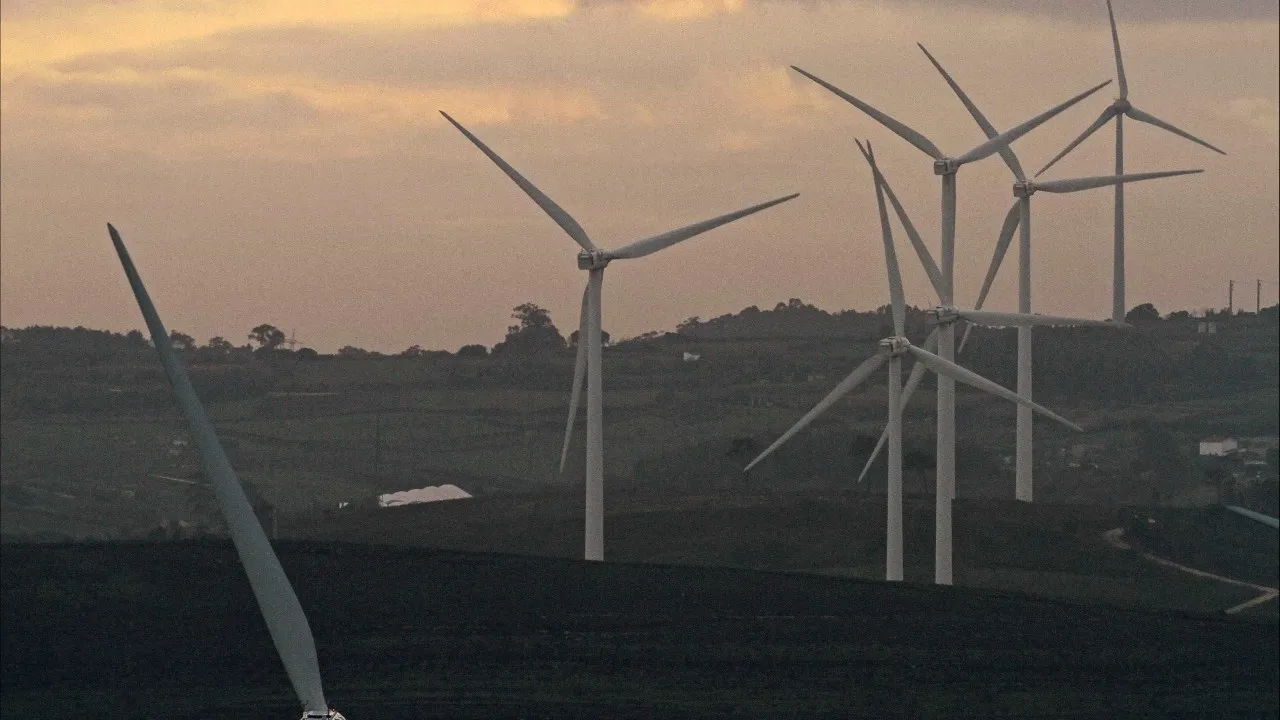
The latest report from the Portuguese Renewable Energy Association (APREN) and the Institute of Science and Innovation in Mechanical and Industrial Engineering (INEGI) presents current data.
The annual growth was modest, with only 70 megawatts (MW) added, half of which resulted from ‘repowering’ — the replacement of old equipment with new. These figures reflect an expansion pace falling short of the targets defined in the National Energy and Climate Plan (PNEC), which aims for 10.4 GW of onshore wind power by 2030.
In an interview, APREN President Pedro Amaral Jorge emphasized that the current pace is insufficient. “We are significantly behind in meeting the targets since 2019. Apart from some over-equipping projects, significant recent expansion has been in solar,” he stated.
Even with the acceleration efforts, “we will likely achieve the PNEC targets only by 2031 or 2032,” said Amaral Jorge.
To make up for lost time, the association highlights three essential measures: advancing contracts for difference (CFD) — agreements between the government and producers that ensure a fixed price per megawatt-hour for a certain period — for repowering and new investments, hybridizing solar and wind plants utilizing the same grid connection points, and simplifying the licensing of power-generating centers, which is currently under review with the implementation of a one-stop-shop.
In addition, the transposition of the European Renewable Energy Directive, including recognizing the overriding public interest of renewables over other land uses, is seen as critical to overcoming environmental blocks and accelerating projects.
Despite the challenges, the sector observes promising signs. As Pedro Amaral Jorge explained, Portugal has excellent wind resources, both through direct measurement at installed sites and by satellite data extrapolation.
“The quality of the wind in Portugal is a clear competitive advantage, especially if the transmission network is strengthened in the areas with the greatest potential,” noted the APREN President.
Another strategic focus is offshore wind, which is still in the preparatory phase.
The government maintains the goal of installing 2 GW by 2030, but the public auction, crucial to initiating the process, has yet to begin, with the authorities expecting the bid to launch in 2025. “I hope the technical and financial prequalification happens later this year,” said the association’s president.
The Azores region also emerges as a strategic priority with new projects under development. “It is crucial to ensure decarbonization across all territories, even on the islands, where the complementarity between hydropower, solar, geothermal, and wind can secure more than 85% renewable electricity,” he stated.
The report also indicates that Portugal is losing ground compared to countries like Germany, Spain, France, and the United Kingdom. The growth rate of installed wind capacity has declined from 2023. Nevertheless, Portugal remains prominent in renewable integration in electricity production: it is the fourth European country with the highest incorporation of renewable sources, surpassing 85% in 2024.
“The competitiveness in attracting investment depends on the regulatory and contractual framework. It’s not enough to have wind resources; stable and attractive conditions are needed,” argued the APREN President.
He cautioned, “If electricity consumption grows — as planned in the PNEC to 90 terawatt-hours (TWh) — and investment does not keep pace, we will lose this leadership position.”




